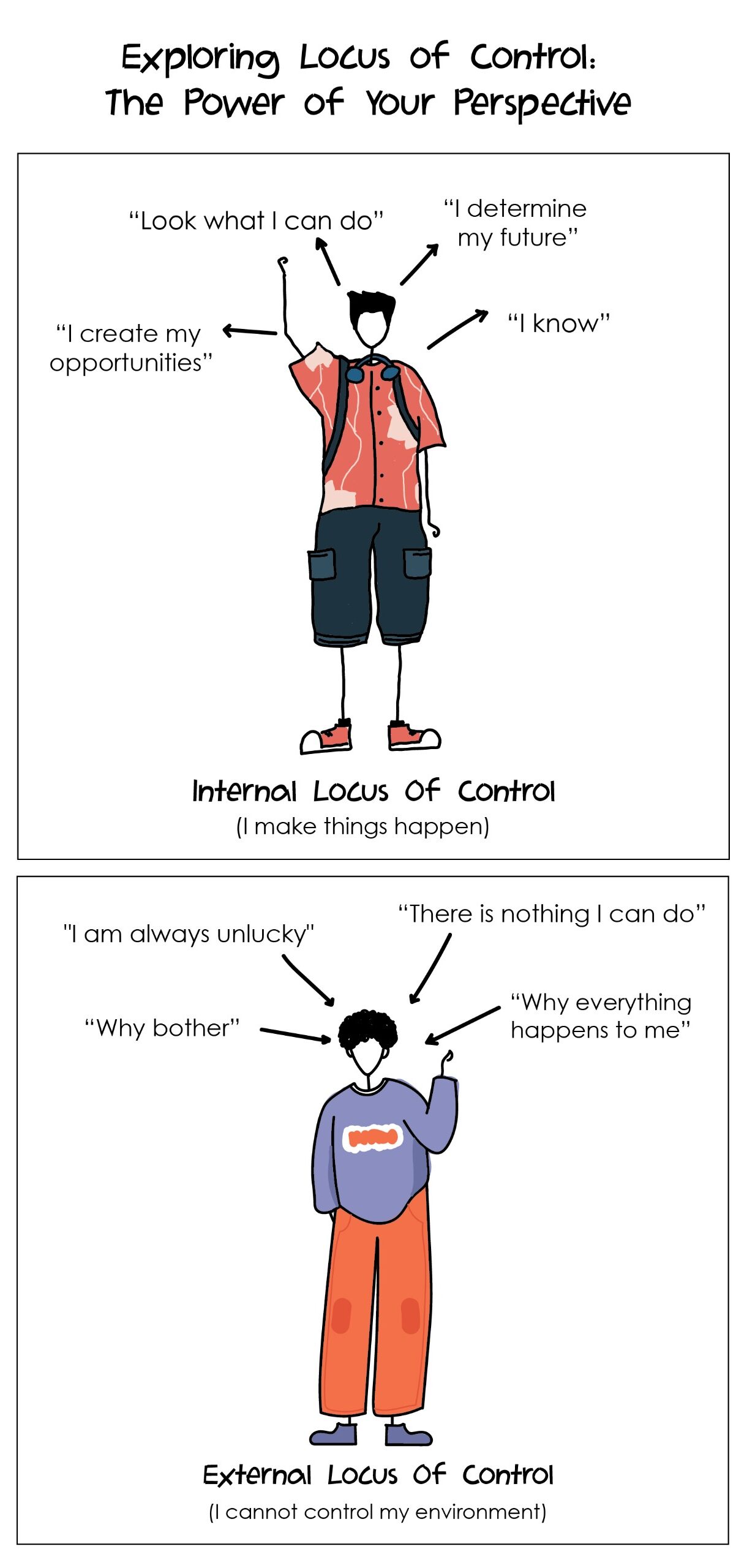
05 Oct Fostering an Internal Locus of Control in Adolescents: What Can Parents Do?
Introduction
Ira, my daughter, played the role of Antigone when she was in ninth grade. That was the first time I truly engaged with this classic Greek tragedy, written around 400 BC. Antigone is timeless. It delves into the rights of the individual versus the authority of the state. At its core, it questions whether certain rights are so fundamental that no government can override them.
In the play, Antigone, the young protagonist, defies her uncle Creon, the king. She fights for her brother, Polynices’, honour and proper burial according to the religious tradition. However, Creon treats Polynices as a rebel against the state, Thebes. He is keen to set an example by not allowing proper burial to Polynices. Antigone believes that there are moral and individual laws that no ruler can overrule. Creon, on the other hand, insists on the absolute authority of the state. Antigone’s steadfast belief in her higher duty to accord burial to her brother shows her inner strength and belief in her duties. Her willingness to face death rather than betray her conscience highlights the essence of an internal locus of control. She chooses her path, guided by an unwavering internal compass.
The Tale of Karna
Similarly, the story of Karna from the Mahabharata offers profound insights. Karna is a figure who, despite knowing deep down that the Pandavas would likely win the battle, chose to side with Duryodhana. Why? Because Duryodhana gave him respect, status, and friendship when no one else would. Karna’s loyalty, despite the odds, exemplifies his internal moral compass. He takes charge of his destiny, following his principles rather than succumbing to external pressures or the prospect of victory. His story reminds us of the power of personal choice and responsibility.
A Modern Example: Scent of a Woman
Fast forward to a more contemporary example: the movie Scent of a Woman, directed by Martin Brest. In this film, a young student, Charlie, played by Chris O’Donnell, faces a tough decision—snitch on his friends or face expulsion from school. He chooses the latter, standing by his principles despite the potential for significant personal loss. Al Pacino’s character, Lt. Col. Frank Slade, defends him passionately, arguing for the value of integrity and moral courage. Charlie’s decision to uphold his beliefs over external pressures is a clear demonstration of him taking charge of his life and not allowing external events to guide his actions.
What’s the connection with adolescent development?
These stories aren’t just ancient tales or cinematic moments—they are powerful examples of individuals who took charge of their lives, driven by their internal values rather than external forces. As adolescents grow, they encounter similar dilemmas, albeit in different forms. They begin to step out of their parents’ shadows, challenge authority, and strive to find their own identities. This phase of life is crucial. It’s when they start to lay the foundation of their future selves.In some sense, it is a sandwiched phase between childhood and adult life. Nature has purposefully designed it to provide a transition time to adulthood.
Why is it important for adolescents to have an internal locus of control?
Locus of control is about who—or what—controls the events in your life. With an internal locus of control, adolescents believe that they can influence outcomes through their own efforts, actions, and decisions. On the other hand, those with an external locus of control feel that life is governed by outside forces—luck, fate, or other people’s actions.
Research has shown that adolescents with an internal locus of control are more resilient. They’re better at handling life challenges, making decisions, and taking responsibility for their actions. They believe they have the power to shape their future. Those with an external locus of control, however, might feel helpless, anxious, and less capable of coping with life’s difficulties.
What can Parents do to Foster an Internal Locus of Control
- Share StoriesHumans learn best when the message is relayed through simple stories. Nobody has understood this better than religion. As parents we can take a leaf from religion and share stories where the protagonists drive her life. It would be wonderful if parents could share their struggles and their journey to overcome. This simple act normalises challenges and can help in cementing parent-child bonds. Remember, as a parent you continue to be their role model.
- Involve Adolescents in Decision-Making
Many parents in order to manage their anxiety help their child by micro-managing every small detail. If you take away their agency to make decisions, you are not helping them to take responsibility and learn the crucial art of decision making. It doesn’t mean that parents don’t have a role. The better strategy would be to set some guardrails and give them choices. It makes the decision making easier and also the agency is retained. - Challenge Negative Thinking and Offer Hope
Nobody goes through life without making mistakes. It’s easy to succumb to a spiral of negative thinking. You can help by asking them to take a step back and look for silver-lining even in the darkest moments. In the movie, Shawshank Redemption, there is a beautiful line: “ .. hope is a good thing, maybe the best of things, and no good thing ever dies.”
By drawing on timeless stories and implementing practical strategies, parents can help their adolescents develop a strong internal locus of control. By encouraging children to see challenges as opportunities for growth, they learn to view setbacks as temporary. This mindset not only promotes personal growth and success but also fosters resilience and empowerment as they navigate life’s complexities. The examples of Antigone, Karna, and the young student in Scent of a Woman all convey a powerful message: taking control of one’s life is a skill that can lead to a fulfilling and successful future.



Sorry, the comment form is closed at this time.